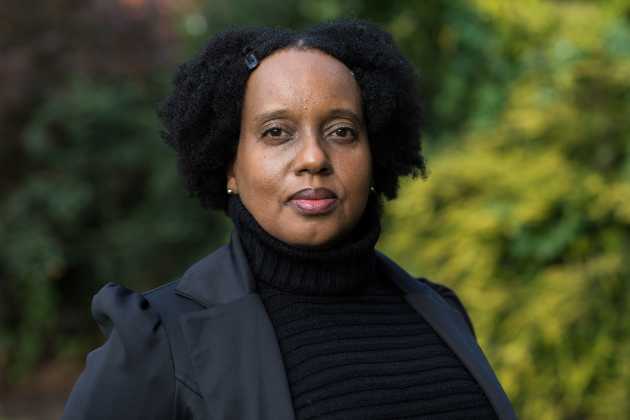As a nursing student, racism can be a major obstacle. We’re told we have to advocate for our patients, but when it comes to racism, we have to advocate for ourselves and for our peers too.
As an ally, it’s important to listen to our challenges – to our truths – and be prepared to make changes. There are a few things you can do to help.
1. Offer support
Check in on your black, Asian and minority ethnic peers. It can feel like nursing staff sometimes forget what it’s like to be a student – moving placements and often only being somewhere for a short period of time – always needing to conform and adapt. Each movement brings a new set of challenges, and it can feel like there is little to no support.
2. Listen
It’s important to listen to the voices of black, Asian and minority ethnic nursing students and staff. Not just listen – but actively listen. Ask questions and reflect on what’s being said.
3. Think about it
Whatever your race or background, think about how you would feel if you were in a situation where you didn’t feel like you were fitting in. If every time someone said your name, they mispronounced it, or decided to shorten it without your permission. People don’t realise how often they cross boundaries.
4. Challenge racism
If you witness something that isn’t right, you need to say so. It can be difficult to prove and often those on the receiving end are too afraid to report it. We have to work together to eliminate the fear and say: this isn’t on. We’re all human beings and we’re all part of this. If you’re on the receiving end, please do speak up. There’s always someone else going through what you’re going through – don’t suffer on your own.
5. Keep talking
Everyone is welcome at university black, Asian and minority ethnic societies, networks and groups. When you qualify, look at joining black, Asian and minority ethnic strategic groups and networks at work. By getting involved you’ll find out what’s happening and what’s needed for us to improve this amazing profession – nursing. The more of us who come together, the more of us who can make a change.
Speak out
Nursing lecturer Sheila Sobrany says it’s time to be proactive
If you see anyone being subjected to race discrimination during your placement, I urge you to speak out. Follow the protocols and policies for raising concerns. Always report what you’ve seen or experienced, documenting what happened and noting how it made you feel.
I understand this may feel challenging and frightening when all you really want is to get signed off with minimum fuss. That’s why we need safe psychological spaces and a specialised reporting outlet with a support network that ensures action is taken, so students can be confident these issues will be dealt with properly.
If you witness or experience race discrimination in the classroom, approach the teacher in private in the first instance. Talk about it and check for misunderstanding. But always address this at the first opportunity and at programme level if necessary.
Nursing cohorts are large and culturally diverse
Nursing cohorts are large and culturally diverse, so I believe an NMC Directive is needed to incorporate changes relating to anti-racism in the nursing curriculum. For example, English is a second language for many students, and some speak multiple languages in their homes. Students can struggle to make sense of what they are learning through a western lens of learning, students have reported bias from teachers against students who struggle with nursing terminology when writing essays for this reason.
To combat discrimination, we need people to be proactive and become transformational leaders to tackle issues head-on. It’s so important that students can see leadership models from their own backgrounds to help and empower them.
This is a challenging topic, and some people find it difficult to know what to say and are even worried they might say the wrong thing. But it’s important for everyone to get involved – whatever your race or background.








